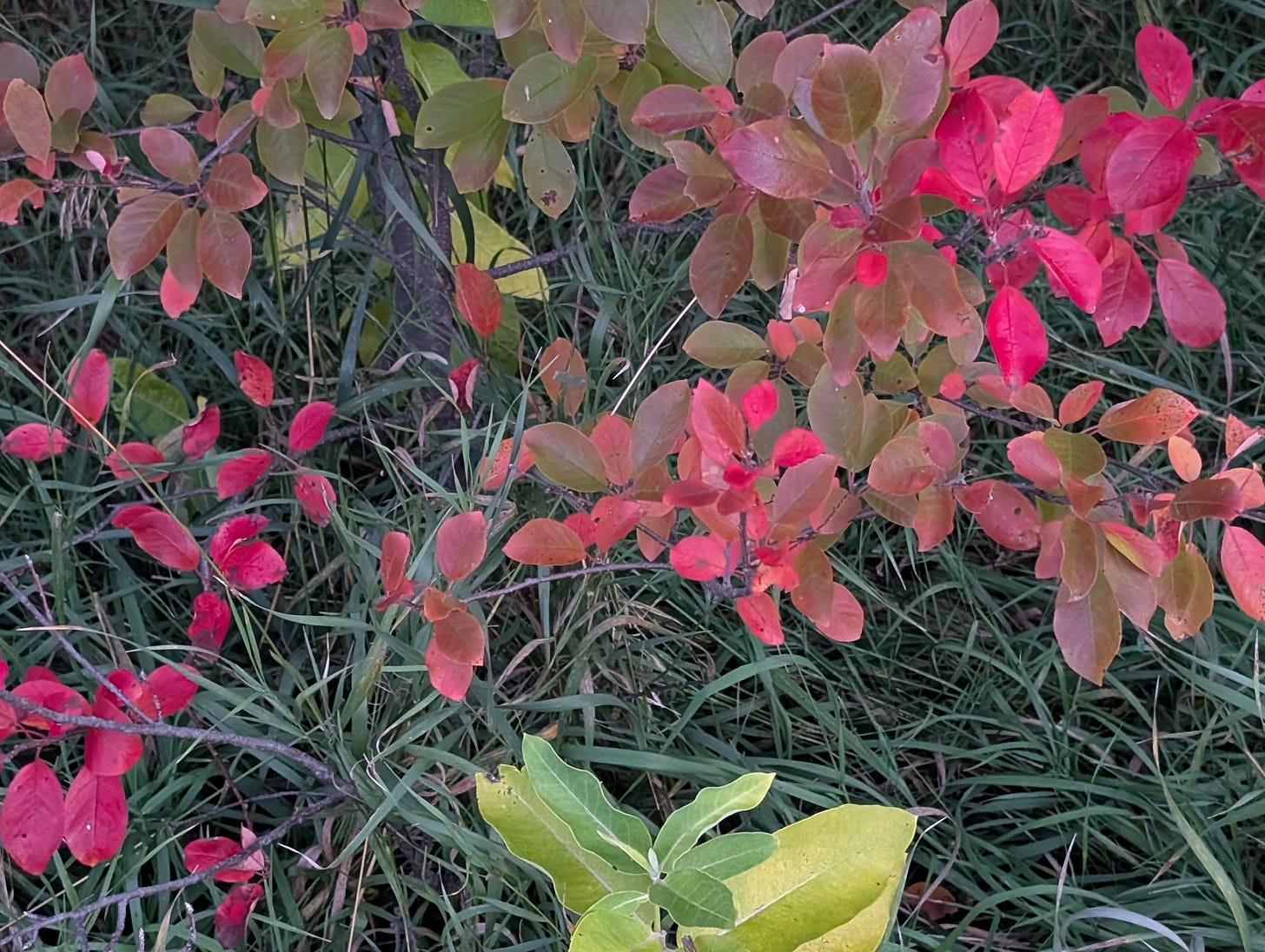Saying goodbye to fading seasons in life.
It's not easy to know when time has moved on.
To be interested in the changing seasons is a happier state of mind than to be hopelessly in love with spring. — George Santayana
I am hopelessly in love with autumn, even though there is a slight hiccup in my usual autumn plans this year. I do think those of us in the North C…

